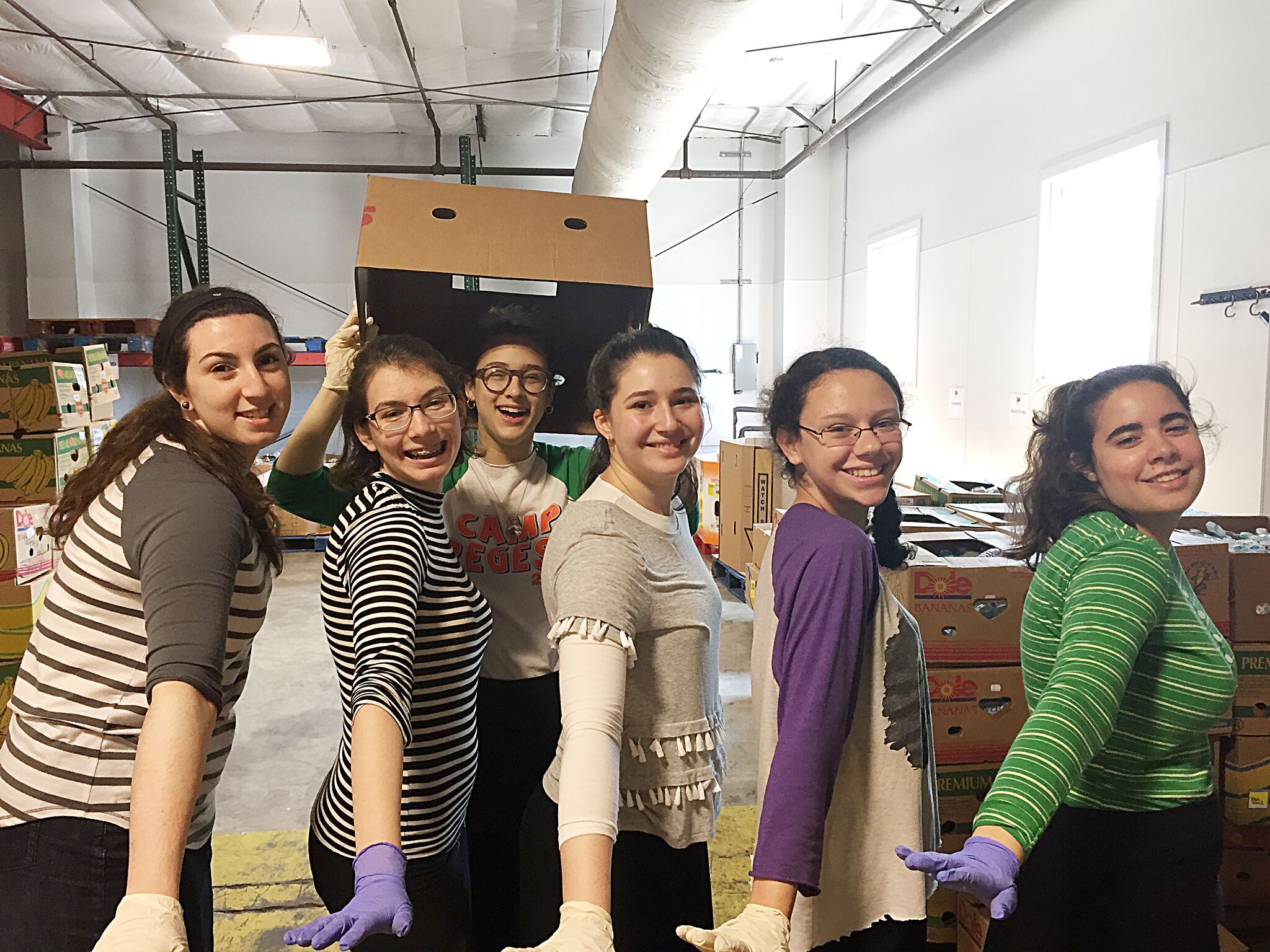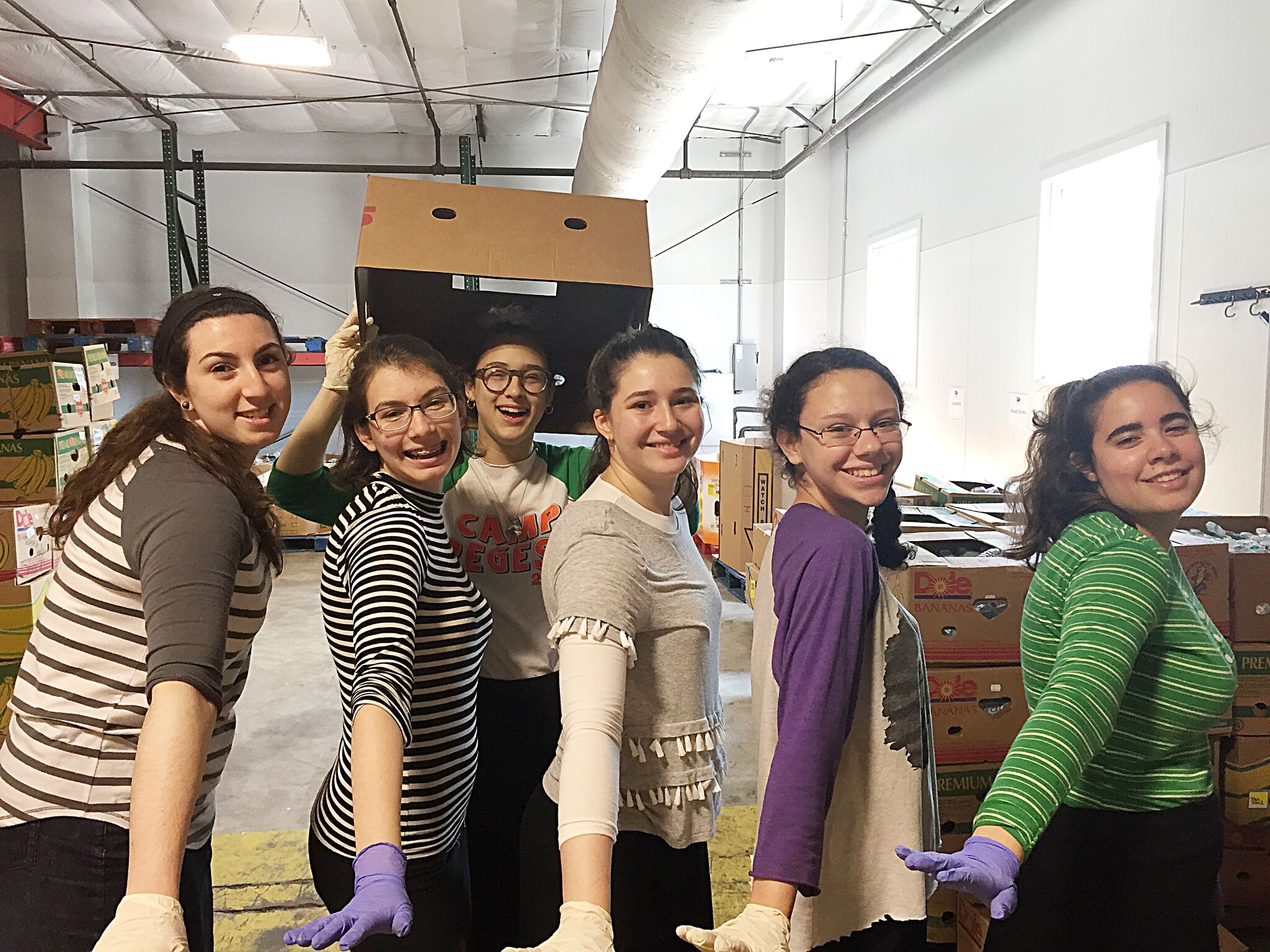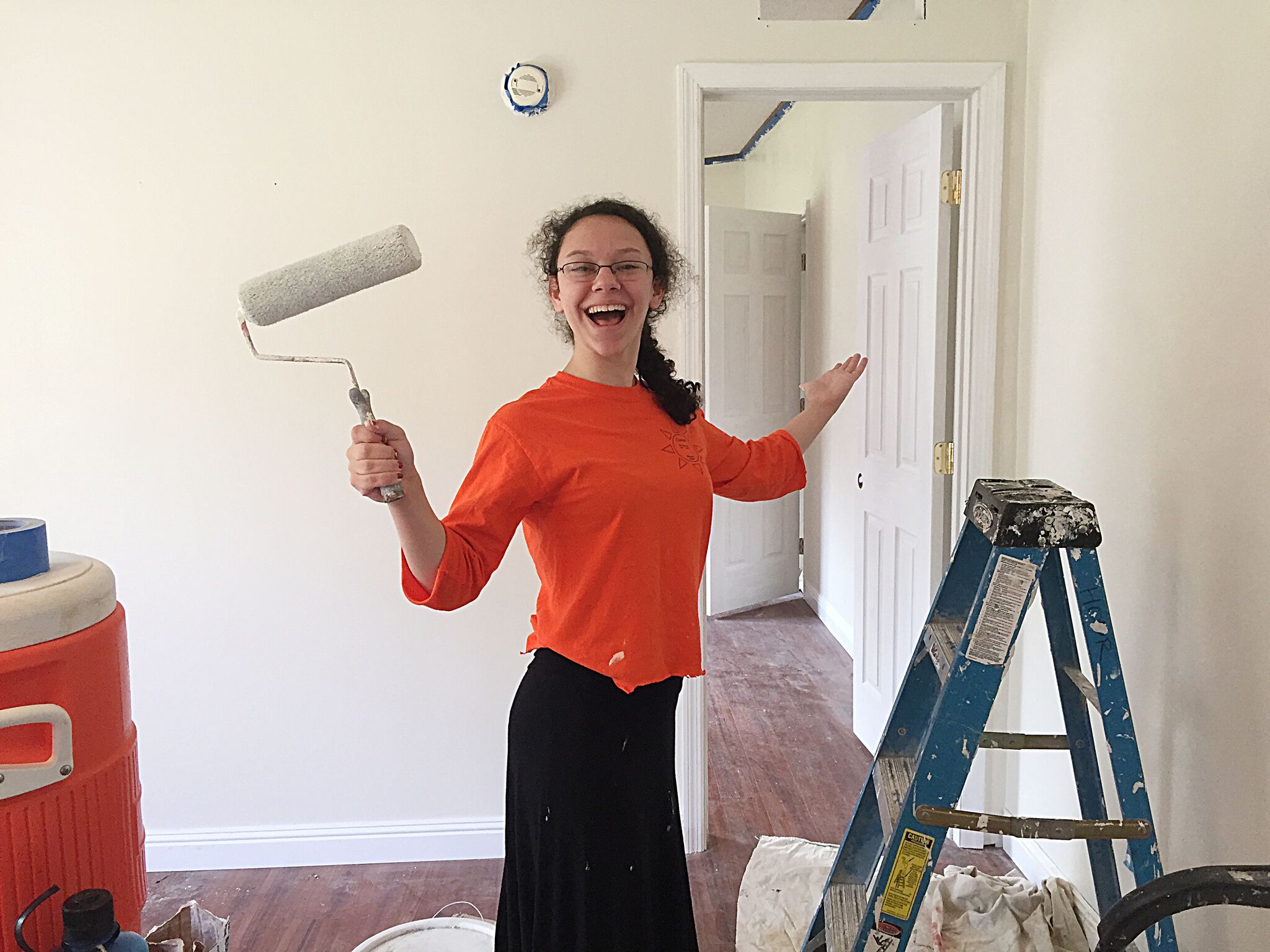“Wow. What an amazing thing y’all are doing, cleaning up the streets. It’s a very kind thing to do.”
Hastily wiping the sweat off my brow, I tightly clutched my metallic trash picker and nervously adjusted my flashy orange vest as I stared at the stranger who spoke to me. There sat a disheveled, obviously homeless, man in a tattered black shirt, ripped grey jeans, and a single black backpack in his grimy hands. Despite his shaky, sickly appearance, he attempted to smile at me cheerfully with the few teeth remaining in his mouth.
Giving one look at his appearance, I was immediately taken aback, and nearly turned away from him in fear. Admittedly, a few weeks ago, I probably would have reacted in that exact manner. However, looking deeper into his wild grey eyes, I recalled an old axiom that I had known since I was a small child, but never truly understood until that moment: “Don’t judge a book by its cover.”
That quote epitomizes so much of what I learned on Bruriah’s Summer Mission 2016. On July 4, I, together with seven other Bruriah students, boarded our van and embarked on a 12-hour journey that would ultimately put us on the road to becoming young leaders of social justice.
Our destination was the humid, but incredibly genial, capital of Charleston, South Carolina.
Led by Mrs. Amy Tropp; Ms. Susan Rifkin (aka Coach) and Ms. Laura Menyuk, Director of Service Learning at AJSS (American Jewish Society for Service), the 11-day trip included numerous service projects throughout the area, as well as leadership workshops that raised crucial issues such as racial discrimination, homelessness and the unfortunate effects of classism following natural disasters.
The volunteer work varied significantly. We helped create a safe habitat for animals by building an oyster reef with SCORE (South Carolina Oyster Restoration and Enhancement). The oysters would then serve as a natural filtration system, purifying thousands of gallons of Charleston’s drinking water naturally. We aided people experiencing hunger and food insecurity in four of South Carolina’s low country counties by separating and categorizing boxes of donated food. At the end of our tiring but fulfilling day at the Lowcountr Food Bank, we had separated and categorized over 11,000 pounds of food and household products. We assisted children in the foster care system as well as low income children by sorting and bagging clothing at the Low Country Orphan Relief Center. We attempted to mitigate the litter problem in Charleston by hunting the local marshes for trash with Keep Charleston Beautiful. We broke barriers between the elderly and the young by visiting Jewish residents of nursing homes and assisted living apartments throughout the area. We responded to the effects of South Carolina’s detrimental October 2015 flooding by partnering with the All Hands disaster relief organization and painting and beautifying our new friend Norman’s home.
A few of the tasks were projects we had already done prior to this trip, in our own communities. Most involved causes we were already familiar with. Yet all of them managed to open up our eyes to a new-found idea about both ourselves and the world around us.
Perhaps what made this trip so different from any other volunteer experience I’ve performed in the past is that it did not merely give us the ability to do good deeds for others; it gave us the opportunity to learn invaluable lessons from each person we encountered. Some were readily apparent. Burt, the friendly young man with Down Syndrome had consistent cheerfulness towards our rather subpar job of painting his renovated house, displaying an amount of gratitude I had never witnessed before. Others were more obscure. Mr. Wilson, the stern project manager of the Low-country Food Bank, would give us a critical glare if a joke was cracked, although he warmed up when he saw our sincerity, enthusiasm and work ethic even as the day wore on. We came to understand that his initial stern demeanor was for the sake of the clients of the food bank and his interest in making sure the job got done.
Eleven days. That’s all it took. I entered Charleston as an oblivious young adult, fresh out of high school, not knowing much about issues outside my front door, and I left as a rising combatant of social inequities, having gained knowledge and experience that can put me on the path to to fulfilling my responsibilities of “tikkun olam.”
Thank you to Mrs. Tropp, Coach, the AJSS team, the inspiringly polite and welcoming Jewish community of Dor Tikvah in Charleston and the gracious Griffin family in Richmond, VA, for collectively creating the experience of a lifetime. The immense growth and wisdom I obtained is something I will always cherish.
By Sara Schatz













